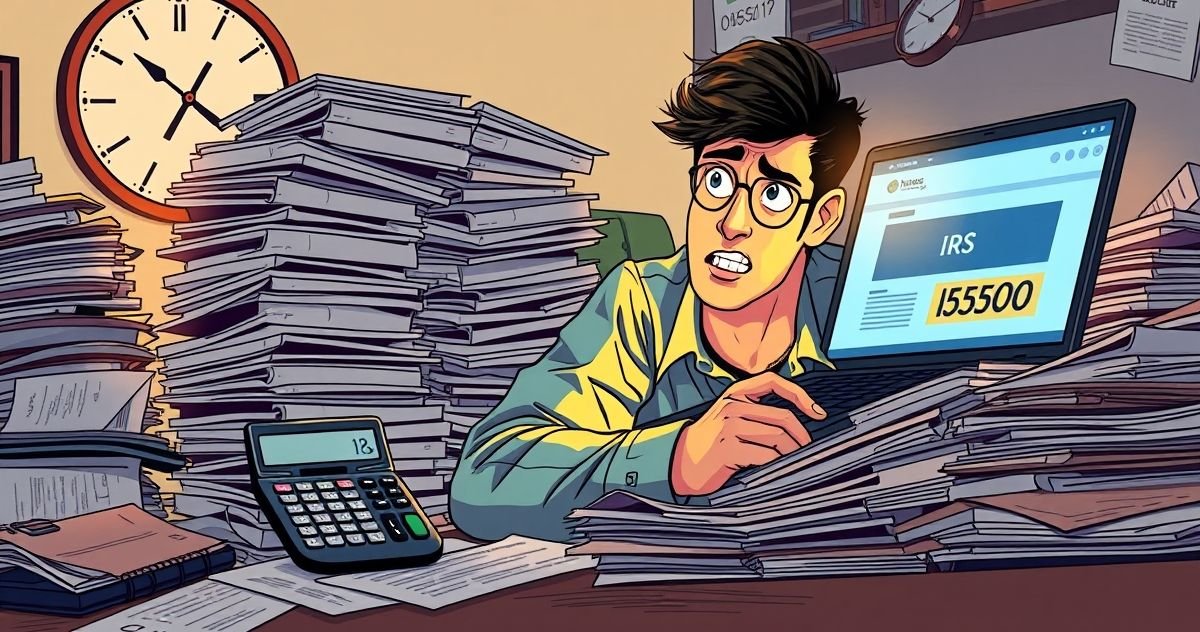Understanding the CP523AD Notice
The CP523AD Notice is a formal communication sent by the Internal Revenue Service (IRS) to taxpayers who have not adhered to the terms of their tax installment agreement. This notice serves as a warning that their agreement to pay taxes over time is at risk of default. The primary purpose of the CP523AD is to alert taxpayers of missed payments or insufficient payment amounts and to inform them about their options to rectify the situation before more severe actions, like enforcement measures, are taken.
Key Features of the CP523AD Notice
The CP523AD Notice includes several key components:
- Account Information: This section provides essential details about the taxpayer’s account, including the total unpaid balance and the terms of the original agreement.
- Explanation of Default Risk: The notice clearly states why the taxpayer’s installment agreement is at risk. Reasons generally include missed one or more payments or the payments being short of the agreed amounts.
- Options for Resolution: Taxpayers are typically offered several ways to remedy the situation, such as catching up on missed payments or requesting a modification to the agreement if financial circumstances have changed.
- Deadline for Response: The IRS provides a specific date by which the taxpayer must act to prevent default and possible termination of the agreement.
Filing and Compliance Requirements
To maintain compliance and avoid receiving the CP523AD Notice, taxpayers initially entering into installment agreements must adhere to the predefined payment schedule. Here are some critical compliance steps:
- Timely Payments: Ensure that each installment payment is made on or before the due date specified in the agreement.
- Correct Payment Amounts: Double-check that each payment matches the agreed installment amount to avoid underpayments.
- Keep Updated Records: Maintain accurate records of all payments made toward the installment agreement to facilitate dispute resolution if discrepancies arise.
Penalties and Consequences for Non-Compliance
If taxpayers fail to comply with the terms outlined in the CP523AD Notice, several adverse consequences may follow:
- Termination of the Installment Agreement: Non-compliance can lead to the termination of the existing payment plan, making the total tax debt immediately due.
- Accrual of Penalties and Interest: Continued non-payment results in additional penalties and interest, exacerbating the total debt.
- Enforcement Actions: The IRS may pursue collection actions including levies or wage garnishments to recover the outstanding balance.
Importance of the CP523AD Notice in Tax Resolution
The CP523AD Notice plays a crucial role in tax resolution and the taxpayer’s overall financial compliance strategy. It acts as an early warning system for taxpayers to address potential defaults in their installment agreements, thus preventing more severe financial repercussions.
Proactive Management: By promptly responding to the CP523AD Notice, taxpayers can implement adjustments needed to maintain compliance, such as catching up on missed payments or modifying the agreement terms.
Reducing Financial Stress: Addressing and resolving issues highlighted in the CP523AD before the default occurs can lead to significant savings by avoiding additional penalties, interest, and enforcement actions.
Maintaining Tax Compliance: Staying compliant with IRS installment agreements ensures that future financial opportunities, such as applying for loans or buying a home, are not hindered by outstanding tax debts or IRS actions.
Conclusion
The CP523AD Notice serves as a critical communication tool from the IRS warning taxpayers of potential installment agreement defaults. Understanding its components and implications is essential to maintaining tax compliance and ensuring that taxpayers can manage their financial obligations effectively. By addressing the notice promptly, taxpayers can secure their financial future and avoid unnecessary penalties.
